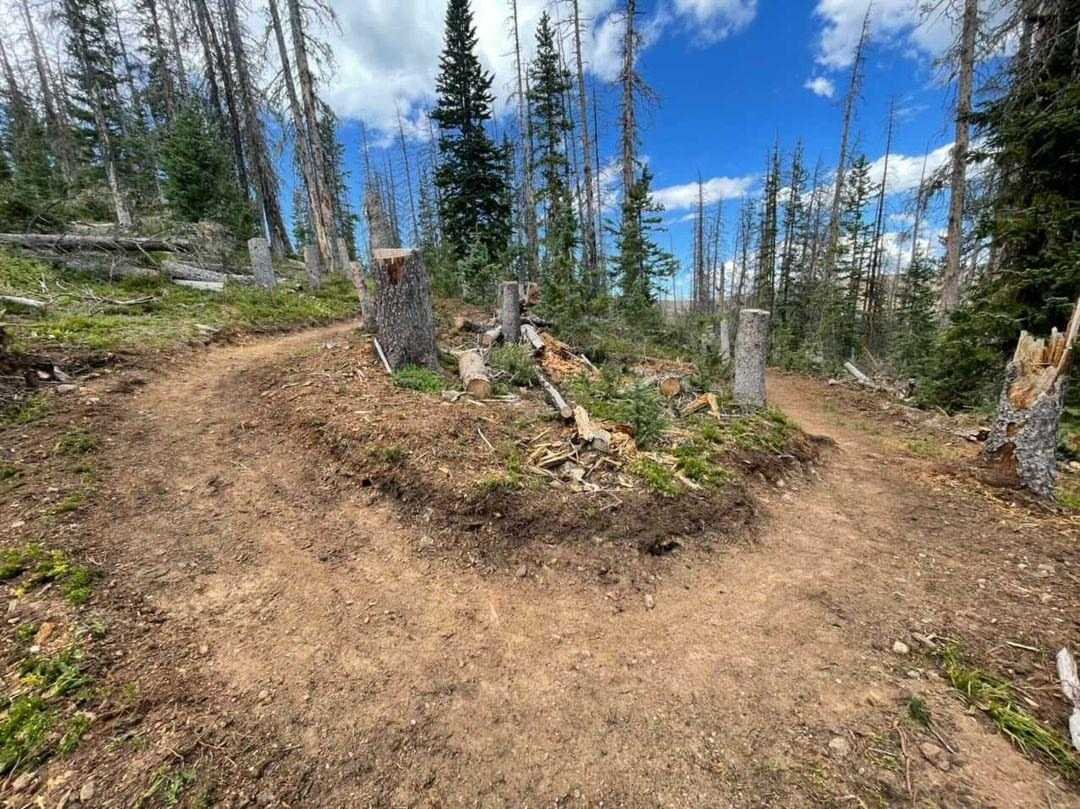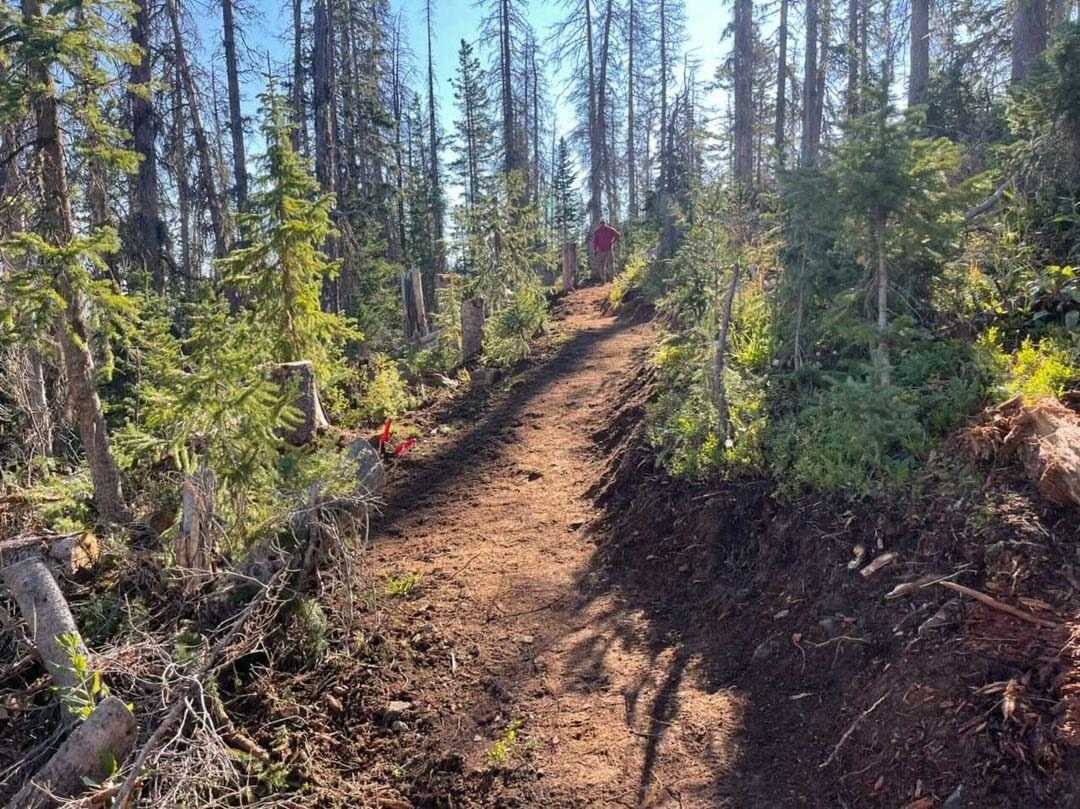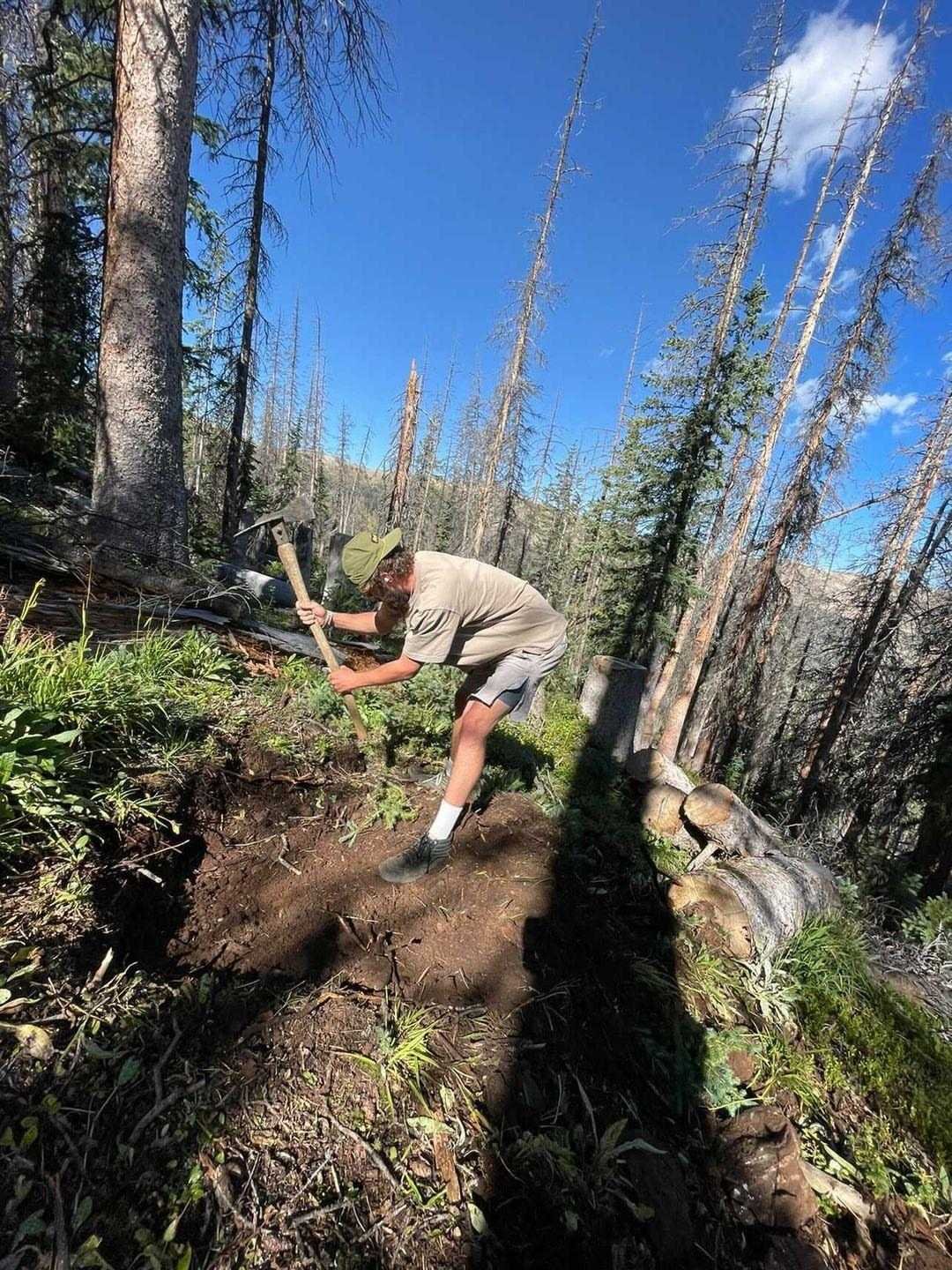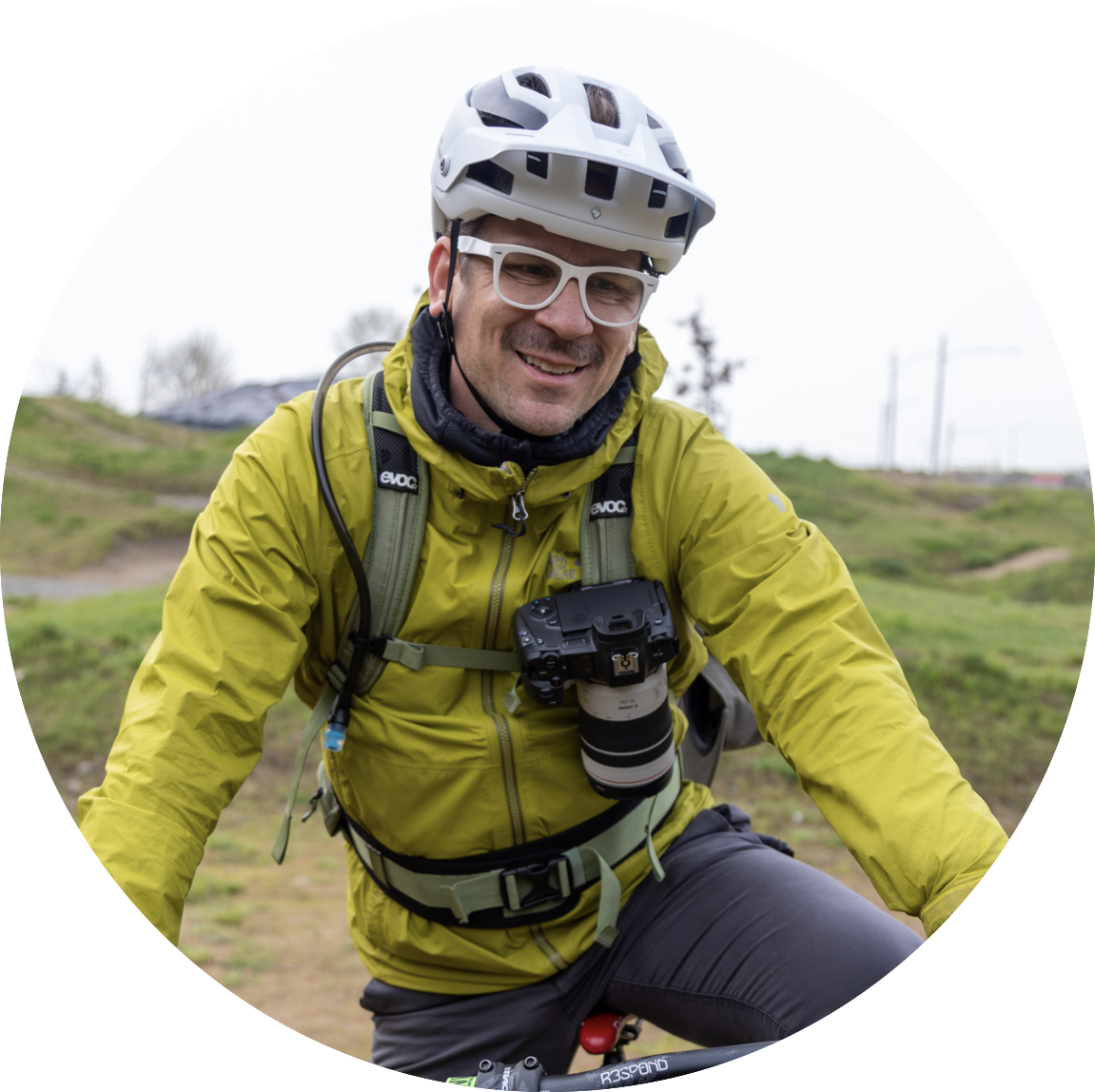Professional Builder Profile Interview: Greg Mazu and Singletrack Trails
Starting Trail Builder Magazine has allowed me to connect with many people around the world who spend their lives building, maintaining, and advocating for new trails. Whether they’re volunteers or build trails as a profession, there’s a shared love and passion for what trails mean for mountain biking. We know that trails are more than ribbons of dirt in the forest. For many communities, they are a potential symbol of hope in terms of economic development. I had the fortunate opportunity to connect with Greg Mazu, who started Singletrack Trails. Over the summer, we got to meet up in person for coffee as he was swinging through Portland. I knew I had to interview him for this Builder Profile Interview series that we’re starting. Greg is a serial entrepreneur and has much to share. Here’s a little bit about Singletrack Trails:
Driven by the desire to protect natural resources while providing better experiences for recreating outdoors, Singletrack Trails has been involved with the design and construction of more than 1000 miles of sustainable, shared-use trails across the United States. An active member of the Professional Trail Builders Association, we are a leading trail building company for shared-use trail planning, design, construction, as well as the development of bicycle skills training parks.
Let’s jump into this!
Sean: What are you currently doing?
Greg: I am learning how to operate within the company in my new role. The Type A in me feels that I have been put out to pasture by my team and I am not needed anymore. What has really happened is the team has increased its competency to operate without me being the CPU of the company, and I need to work even harder to stay out in front. This has led to me suffering a bit of imposter syndrome and an identity crisis. I have spent so much time off the front, trying to build the company, but it is beyond difficult to watch your team shove me out of the paceline as they are way more efficient at what I always did. My role is in the team car now, but I still need to be thinking about what is coming down the road ahead of us.
Sean: What prompted you to take the plunge in launching out and starting your own trail building company?
Greg: I never made the decision to leave a job and venture out on my own. I realized one day, as a 27-year-old kid, that I was paid more like a contractor than a seasonal employee by the State of Colorado. I had the opportunity to find additional work building trails, but I had three years of stable funding at my “seasonal” job at Colorado State Parks. I was able to slowly build a resume of accomplishments before I needed to search for all my revenue to run the business.
I can look back now and realize that it was a great decision in my life. The path that has been allotted to me is amazing. I often wonder if I could have made the decision on my own.
Sean: What’s been the craziest story or a-ha moment so far?
Greg: I am sure that I have plenty of crazy stories to regal over a beverage, but the a-ha moments really are more impactful. For me, most of those moments have occurred in the last couple of years. Each year, each month, and each week, I am awed by the people that are looking to get involved in what we do. The skill level of the people looking to join our team across the board is amazing. So many people that we hire are much more qualified in life than I am. It is really forcing me to up my game to avoid the embarrassment of imposter syndrome.
Sean: What was the biggest obstacle you faced when starting?
Greg: Not creating a polestar to strive toward.
I knew that I wanted to build trails, but I didn’t know where it would take me. Most of my peers were in the same boat as me or older builders that had been doing the same thing for thirty years.
Looking back, I can now hear the advice of some people about this. They were usually people that came to me from a financial point of view. I was excessively mission-driven for the first 17 years of the company. I wish I had learned sooner that the greater social good and capitalism are not mutually exclusive constructs.
Sean: What is one thing you wish you knew when you started?
Greg: I wish I had known what I wanted to do with my life. For the first 15 years of Singletrack Trails, I operated the company as a lifestyle business. I have made decisions on how to manage the couple that was good decisions with short timelines. I knew that I didn’t want to be just a trail builder for the rest of my career, but I was unable to commit to shifting into a business operator role.
This is very related to establishing a polestar. Many of us get into this lifestyle industry because we love what we do and we want to mix fun with work. But we never really think about what we will do when the company grows. Or when we get staff. Or when the staff we hire wants to buy a house, get married, and start a family. Or, most importantly: how do we exit gracefully? I am working hard to think about what Greg’s Career 2.0 will look like.
Sean: What advice would you give to someone thinking of venturing out to start their own trail building company?
Greg: Think bigger. Think to the extent that you can see your life and business today, then multiply by 12. Each time I have done business planning, my team and I just simply didn’t think at a high enough elevation. In 2018, the first year we worked with a facilitator to game plan the next ten years, we achieved the 10-year goals in just two years by 2020. Think big; think about an exit strategy. You might be content to own your job for the next 30 years, but there will be a moment in those 30 years when a fork in the road arrives: Do you go for the known route, or do you challenge yourself? Don’t give up on trying to make the world a better place, but make sure you are compensated for the work that you are doing now and in the future.
————————
That concludes our interview. I hope you are encouraged because you should be! There are many entry points into trail building, whether we’re volunteers or paid professionals and run our own companies or non-profits. The most important thing to consider is your unique role and contribution?
Interview by: Sean Benesh Photos: Supplied by Singletrack Trails
ABOUT THE AUTHOR
Sean Benesh
Sean is the Founder and Editor-in-Chief of Trail Builder Mag. He is also the Communications Director for the Northwest Trail Alliance in Portland, Oregon. While in grad school, he worked as a mountain biking guide in Southern Arizona. Sean also spends time in the classroom as a digital media instructor at Warner Pacific University.









